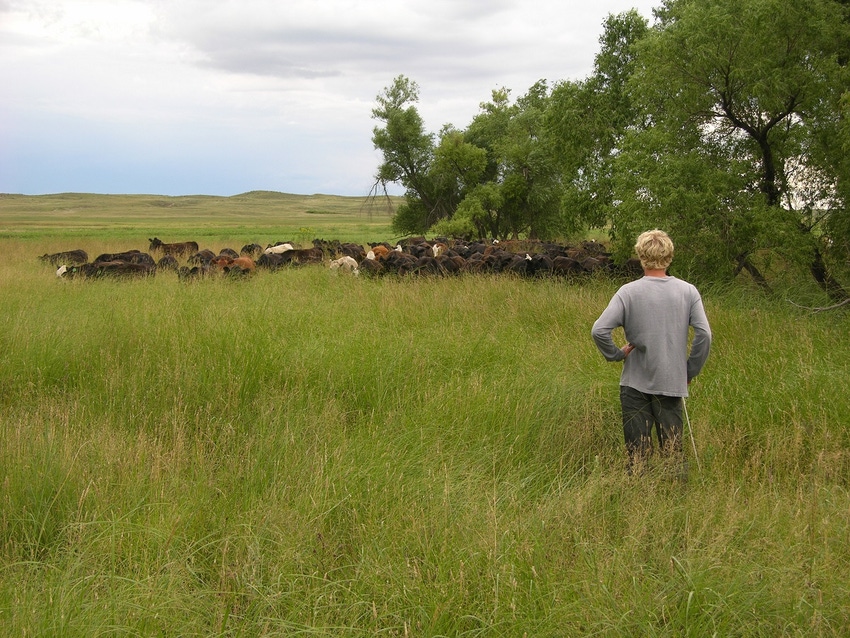
The last 100 years has been a dark and stormy night for anyone trying to pass along a ranch or farm of any size to their offspring, but proposed new law could put us on the threshold of a sunny new day.
Both the US House and Senate have introduced legislation to fully repeal the so-called "death tax." Agriculture and every other business group in the nation need to push legislators for this; this time we have a president who is extremely likely to approve it.
We also need to get this done soon, before the economy turns ugly again in a natural response to multiple bubbles and record debt. The mood seems right, now.
Throughout my life I have watched the temporary reductions in the estate tax passed and expired, passed and expired, and I have written stories many times about the complex legal measures such as trusts and corporate structures families have used to try to keep their operations together to pass along to the next generation.
I have long opposed the death tax because it is, quite damningly, unfair. I stand to gain nothing and expect my heirs will gain little or nothing from this legislation, but it has been one more building block adding to the frightening growth of federal government and it has fueled the dreams of the globalists to strip people of any lasting personal holdings, in this case land.
We are taxed and taxed to death, and then taxed after death. Everything we earn is taxed and the death tax is, at the very least, a double taxation.
I looked up the history of the death tax in the US and fully expected it to have its beginnings in the socialist political orgy of the teens in the last century. Indeed, the current death tax progeny has its primary roots in that timeframe, but it is much older, according to this interesting read by the Heritage Foundation.
Here is an excerpt from that story:
"In the early 20th century, worldwide conflict cut into trade tariffs--a mainstay of federal revenues--and Congress turned to another revenue source. The Revenue Act of 1916, which introduced the modern-day income tax, also contained an estate tax with many features of today's system. After an exemption of $50,000 (over $11 million in terms of today's wealth), tax rates started at 1 percent and climbed to 10 percent on estates over $5 million (over $1 billion in terms of today's wealth). Estate taxes were increased in 1917 as the U.S. entered World War I.
"However, this time the estate tax did not go away after the war ended. Despite sizable budget surpluses, Congress increased rates and introduced a gift tax in 1924. Like the estate tax, the gift tax is a levy on the transfer of property from one person to another. During the 1920s through the 1940s, estate taxes were used as another way to attempt to redistribute income. Tax rates of up to 77 percent on the largest estates were supposed to prevent wealth becoming increasingly concentrated in the hands of a few."
In 2015, a similar proposal was put forth in Congress and the Heritage Center at that time said repealing the death tax would generate an average of 18,000 jobs annually and increase the overall net worth of American households by $300 billion a year.
At any rate, to help you reference the current proposed bills to your elected representatives, the bills are currently called the Death Tax Repeal Act of 2017. It is claimed they are worded to fully and permanently repeal the death tax.
Permanently is a long time, especially in the political world, but this would be potentially good legislation to support.
About the Author(s)
You May Also Like




